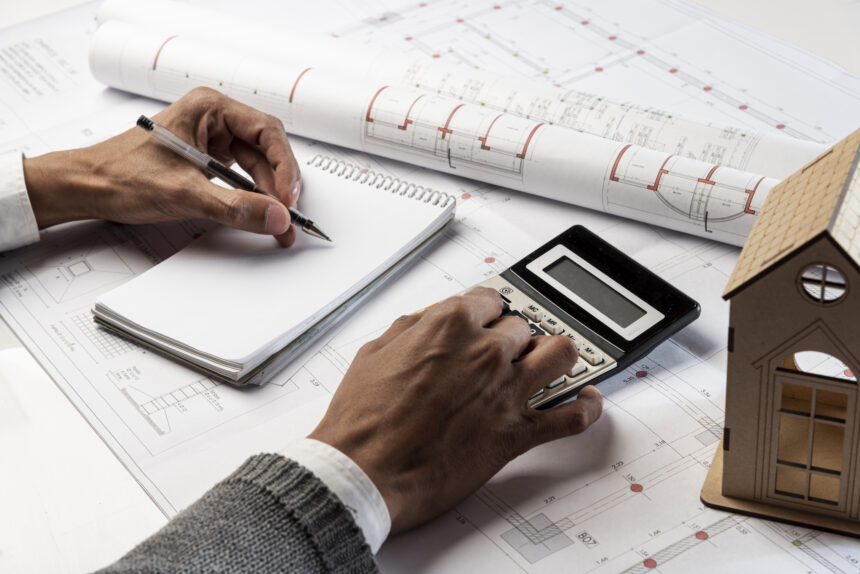When it comes to home insurance in South Africa, various factors come into play when determining the premium you’ll pay. One such important factor is the value of your property. The property value plays a significant role in assessing the potential risks and coverage needs associated with your home. Understanding how property value impacts your home insurance premiums can help you make informed decisions and ensure that you have appropriate coverage. Here’s a closer look at the relationship between property value and home insurance premiums in South Africa.
- Risk assessment based on property value: Insurance companies assess the risk associated with insuring a property by considering its value. Higher-value properties generally have more expensive materials, features, and contents, which can increase the potential cost of repairs or replacement in the event of damage. The higher the property value, the greater the potential risk for the insurer, which can result in higher premiums.
- Rebuilding cost estimation: Home insurance coverage aims to protect the cost of rebuilding or repairing your home in the event of a covered loss. Insurers use property value as an indicator to estimate the rebuilding cost. However, it’s important to note that property value and rebuilding cost are not the same. Property value may include factors such as location, market conditions, and land value, while rebuilding cost focuses on the materials, labor, and associated expenses required to rebuild your home. It’s crucial to ensure that your home insurance coverage accurately reflects the estimated rebuilding cost, rather than solely relying on the property value.
- Contents coverage: The value of your property also affects the coverage needed for your personal belongings or contents. Higher-value properties often contain valuable assets, including furniture, electronics, jewelry, and artwork. Insurers consider the property value to assess the potential coverage needed for contents. If the value of your belongings is high, it’s important to ensure that your contents coverage is sufficient to replace or repair these items in case of damage, theft, or loss.
- Replacement cost coverage: Another factor impacted by property value is the type of coverage you choose. Many insurance policies offer two options: market value coverage and replacement cost coverage. Market value coverage considers the property’s value in the real estate market, while replacement cost coverage focuses on the cost of rebuilding or repairing your home. Opting for replacement cost coverage, which is typically recommended, ensures that you are adequately compensated based on the cost of replacing damaged property with similar quality and features. This can be particularly important for high-value properties where the market value may not accurately reflect the rebuilding cost.
- Property location: Property value is closely tied to the location of your home, which can also impact insurance premiums. Certain areas may be prone to specific risks such as natural disasters, crime rates, or other factors that increase the likelihood of claims. Insurers take these factors into account when assessing the risk associated with your property. Higher-value properties located in areas with higher risks may result in higher insurance premiums.
- Risk mitigation measures: Implementing risk mitigation measures can help lower your home insurance premiums, regardless of property value. Installing security systems, smoke detectors, burglar alarms, or other safety features can reduce the risk of damage, theft, or other incidents. Insurers may offer discounts or incentives for implementing these measures. Additionally, investing in maintenance and upkeep of your property can also have a positive impact on your premiums.
- Regular policy review: As the value of your property changes over time, it’s important to regularly review your home insurance policy to ensure that it accurately reflects the current value. If you’ve made significant improvements or renovations to your property, it’s crucial to update your coverage accordingly. Failure to do so may result in being underinsured, which can lead to inadequate compensation in the event of a claim.
When it comes to home insurance premiums in South Africa, property value plays a significant role in determining the cost of coverage. Understanding the relationship between property value and insurance premiums can help you make informed decisions when selecting coverage options. It’s important to work closely with your insurance provider, assess the specific risks associated with your property, and ensure that your coverage adequately reflects the rebuilding cost and value of your property. By doing so, you can have the peace of mind knowing that your home is protected financially.










